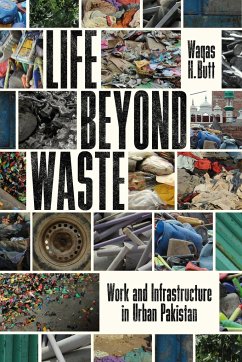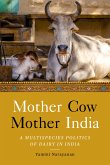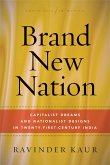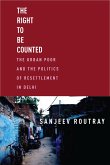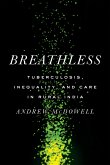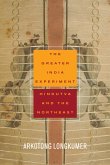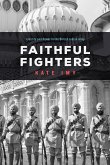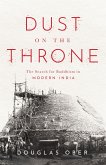"Over the last several decades, life in Lahore has been undergoing profound transformations, from rapid and uneven urbanization to expanding state institutions and informal economies. What do these transformations look like if viewed from the lens of waste materials and the lives of those who toil with them? In Lahore, like in many parts of Pakistan and South Asia, waste workers--whether municipal employees or informal laborers--are drawn from low- or noncaste (Dalit) groups and dispose the collective refuse of the city's 11 million inhabitants. Bringing workers into contact with potentially polluting materials reinforces their stigmatization and marginalization, and yet, their work allows life to go on across Lahore and beyond. This historical and ethnographic account examines how waste work has been central to organizing and transforming the city of Lahore--its landscape, infrastructures, and life--across historical moments, from the colonial period to the present. Building upon conversations about changing configurations of work and labor under capitalism, and utilizing a theoretical framework of reproduction, Waqas H. Butt traces how forms of life in Punjab, organized around caste-based relations, have become embedded in infrastructures across Pakistan, making them crucial to numerous processes unfolding at distinct scales. Life Beyond Waste maintains that processes reproducing life in a city like Lahore must be critically assessed along the lines of caste, class, and religion, which have been constitutive features of urbanization across South Asia"--
Hinweis: Dieser Artikel kann nur an eine deutsche Lieferadresse ausgeliefert werden.
Hinweis: Dieser Artikel kann nur an eine deutsche Lieferadresse ausgeliefert werden.

